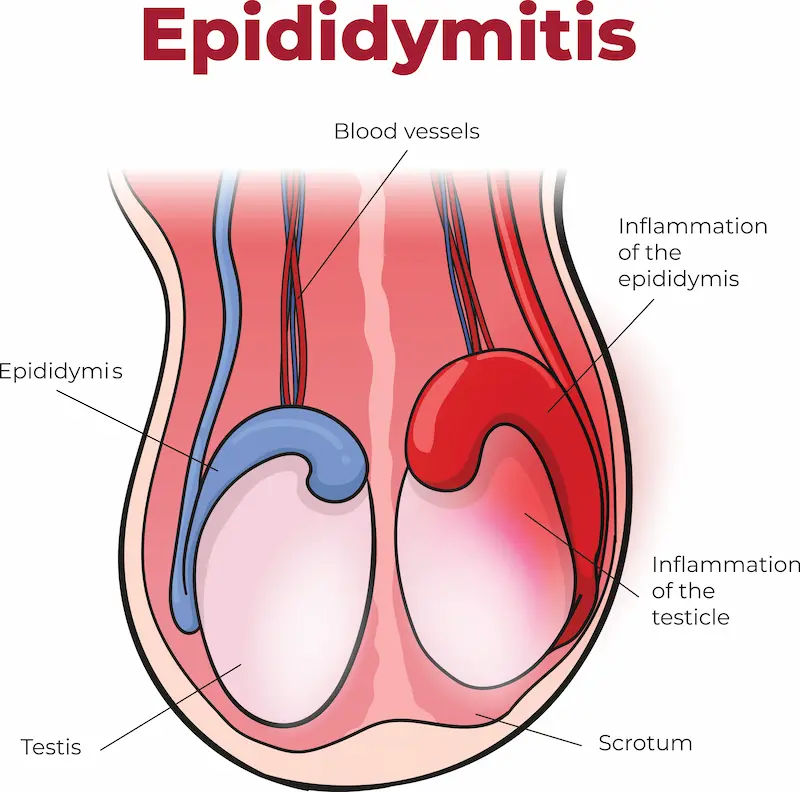Gestational Diabetes and Pregnancy Blood Sugar Levels
Understand gestational diabetes, its impact on pregnancy blood sugar levels, symptoms, risk factors, and management tips to ensure a healthy pregnancy for both mother and baby.


Introduction
Pregnancy is a beautiful journey, but it also comes with certain health challenges. One such concern is gestational diabetes, a condition where blood sugar levels rise during pregnancy. If you or someone you know has been diagnosed with gestational diabetes, don’t worry; you’re not alone. With the right care and lifestyle adjustments, you can manage it effectively for a healthy pregnancy.
In this article, we’ll explain what gestational diabetes is, how it affects pregnancy, symptoms to watch for, causes and risk factors, tips for managing blood sugar levels and when to seek medical help.
Let’s dive in!
What Is Gestational Diabetes?
Gestational diabetes mellitus (GDM) is a type of diabetes that develops only during pregnancy and usually goes away after delivery. It happens when your body cannot produce enough insulin (a hormone that regulates blood sugar) to meet the increased demands of pregnancy.
Consult an Obstetrician and Gynaecologist for the best advice
How Does It Affect Pregnancy?
When blood sugar levels stay high, it can affect both the mother and the baby:
- For the mother: Increased risk of high blood pressure, preeclampsia, and future type 2 diabetes.
- For the baby: Higher birth weight (making delivery harder), low blood sugar after birth, and a higher chance of obesity or diabetes later in life.
The good news? With proper management, most women with gestational diabetes have healthy pregnancies and babies.
Symptoms of Gestational Diabetes
Many women with gestational diabetes do not show obvious symptoms, which is why screening tests during pregnancy are crucial. However, some may experience:
- Increased thirst
- Frequent urination
- Fatigue
- Blurred vision
- Recurrent infections (like urinary tract infections)
Since these symptoms can also be common in normal pregnancies, doctors rely on blood tests for diagnosis.
Causes and Risk Factors
While the exact cause isn’t fully understood, hormonal changes during pregnancy make it harder for insulin to work effectively. Some women are at higher risk, including those who:
- Are overweight or obese
- Have a family history of diabetes
- Previously had gestational diabetes
- Are over 25 years old
- Have polycystic ovary syndrome (PCOS)
- Belong to certain ethnic groups (South Asian, African, Hispanic, or Native American)
Even if you have risk factors, a healthy lifestyle can significantly reduce your chances of developing gestational diabetes.
Managing Gestational Diabetes: Tips for a Healthy Pregnancy
The key to managing gestational diabetes is keeping blood sugar levels in check. Here’s how:
1. Monitor Blood Sugar Regularly
Your doctor may recommend checking your blood sugar levels multiple times a day using a glucometer. The typical target ranges are:
- Fasting (before meals): 70–95 mg/dL
- 1 hour after meals: Below 140 mg/dL
- 2 hours after meals: Below 120 mg/dL
2. Eat a Balanced Diet
- Choose complex carbs (whole grains, vegetables, beans) over refined sugars.
- Include protein (eggs, lean meat, tofu) to stabilize blood sugar.
- Healthy fats (nuts, avocados, olive oil) help maintain energy.
- Avoid sugary drinks and processed foods.
3. Stay Active
Regular, moderate exercise (like walking, swimming, or prenatal yoga) helps control blood sugar. Aim for 30 minutes a day, but always check with your doctor first.
4. Take Medications if Needed
If diet and exercise aren’t enough, your doctor may prescribe insulin or oral medications.
5. Get Regular Prenatal Checkups
Frequent monitoring ensures your baby is growing well and your blood sugar is under control.
Health topic carousel:
Lab Test: FBS (Fasting Blood Sugar) Test and PPBS Test (Post-Prandial Blood Sugar)
Text: Get Your Health Assessed
When to See a Doctor?
If you experience:
- Unusual fatigue or dizziness
- Excessive thirst or urination
- Blurred vision
- Unexplained weight loss
Or if you’re planning a pregnancy and have risk factors, consult a doctor early for screening.
After Delivery: What’s Next?
Most women’s blood sugar levels return to normal after childbirth. However, you should:
- Get a follow-up glucose test 6–12 weeks postpartum.
- Maintain a healthy lifestyle to reduce the risk of type 2 diabetes later.
- Breastfeeding can help lower blood sugar levels naturally.
Final Thoughts
Gestational diabetes may sound scary, but with the right care, you can have a smooth pregnancy and a healthy baby. The key is early detection, regular monitoring, and a balanced lifestyle.
Consult an Obstetrician and Gynaecologist for the best advice
Consult an Obstetrician and Gynaecologist for the best advice

Dr. Sreeparna Roy
Obstetrician and Gynaecologist
8 Years • MBBS , MS (OBSTETRICS & GYNAECOLOGY), Fellowship in Infertility, Endoscopy & Ultrasonography), Fellowship in Laparoscopy & Hysteroscopy,DRM
Barasat
Diab-Eat-Ease, Barasat

Dr. Ramya G S
Obstetrician and Gynaecologist
11 Years • MBBS, DGO - Obstetrics & Gynaecology, DNB - Obstetrics & Gynaecology
Bengaluru
Apollo Clinic, JP nagar, Bengaluru

Dr. Sridevi Matta
Obstetrician and Gynaecologist
28 Years • MS ( OBG ), DGO, DNB Obstetrics & Gynaecology
Chinagadila
Apollo Hospitals Health City Unit, Chinagadila
(175+ Patients)

Dr. Mehnaz Rashid
Obstetrician and Gynaecologist
7 Years • MBBS, DNB (Obstetrics & Gynaecology), D.MAS, F.MAS, WALS
Bengaluru
Wellstar Polyclinic and Diagnostic Center, Bengaluru
(225+ Patients)

Dr. Soumya P
Obstetrician and Gynaecologist
6 Years • MBBS,MS (OBST & GYNAE)
Bengaluru
Apollo Clinic, JP nagar, Bengaluru
Consult an Obstetrician and Gynaecologist for the best advice

Dr. Sreeparna Roy
Obstetrician and Gynaecologist
8 Years • MBBS , MS (OBSTETRICS & GYNAECOLOGY), Fellowship in Infertility, Endoscopy & Ultrasonography), Fellowship in Laparoscopy & Hysteroscopy,DRM
Barasat
Diab-Eat-Ease, Barasat

Dr. Ramya G S
Obstetrician and Gynaecologist
11 Years • MBBS, DGO - Obstetrics & Gynaecology, DNB - Obstetrics & Gynaecology
Bengaluru
Apollo Clinic, JP nagar, Bengaluru

Dr. Sridevi Matta
Obstetrician and Gynaecologist
28 Years • MS ( OBG ), DGO, DNB Obstetrics & Gynaecology
Chinagadila
Apollo Hospitals Health City Unit, Chinagadila
(175+ Patients)

Dr. Mehnaz Rashid
Obstetrician and Gynaecologist
7 Years • MBBS, DNB (Obstetrics & Gynaecology), D.MAS, F.MAS, WALS
Bengaluru
Wellstar Polyclinic and Diagnostic Center, Bengaluru
(225+ Patients)

Dr. Soumya P
Obstetrician and Gynaecologist
6 Years • MBBS,MS (OBST & GYNAE)
Bengaluru
Apollo Clinic, JP nagar, Bengaluru




